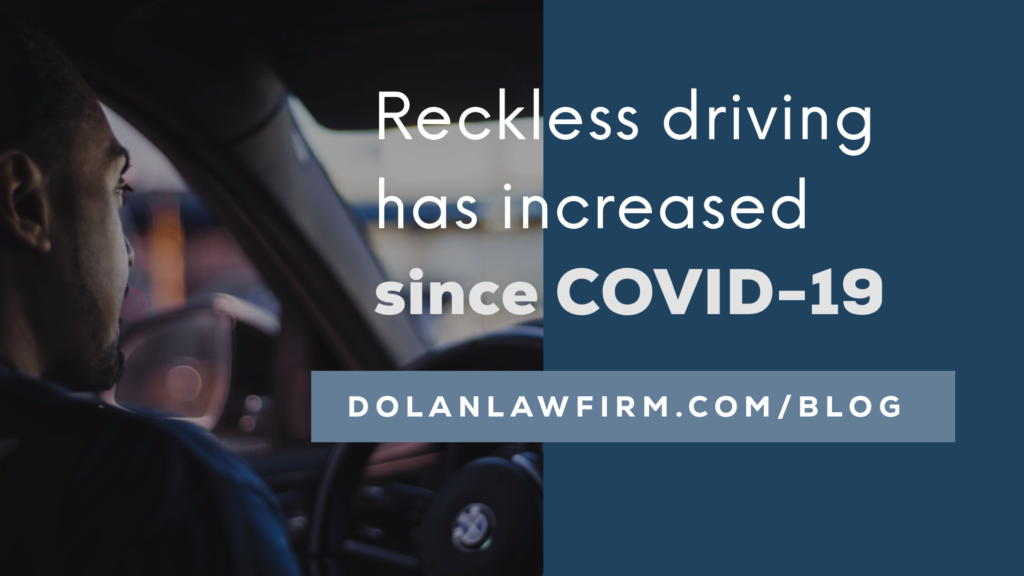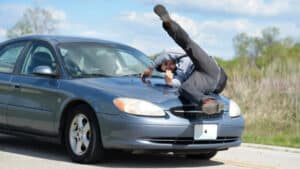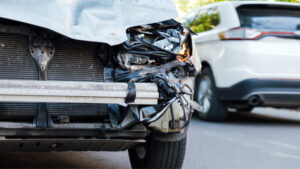Written By: Christopher B. Dolan and Megan Irish
Kara from San Francisco writes:
I’m so frustrated by the attitudes of drivers on the road these days, what are people thinking? It seems like people are zooming past, zigzagging in and out of the lanes, and just going too fast. Don’t people know it’s dangerous to drive like that?
Dear Kara: You are right and the statistics are supporting your observations. People are driving faster and more erratically. Following several years of declining fatalities, the pandemic has killed in more ways than just the virus. When people were ordered to stay at home and shelter in place, many did.
Overall, the National Safety Council’s numbers are on target to show that 13% less miles were driven in 2020 as compared to 2019; that is clear evidence of many Californians’ abiding by the stay-at-home orders. Nonetheless, despite fewer miles driven, more people died in car crashes in 2020 than in 2019.
How is this possible? The simple answer is speeding.
Nationally there were 42,060 traffic collision deaths in 2020 as compared to 39,107 in 2019. Only nine states had fewer deaths in 2020 than in 2019. Of the over 42,000 deaths in the United States, 3,723 of these deaths occurred on California roadways. Many of these lives were lost due to reckless driving and speeding.
The National Safety Council tracks collisions on a national level and breaks down the collisions by state. The California Highway Patrol, Office of Traffic Safety, also tracks traffic collisions within California and analyzes how and why collisions occurred.
Unfortunately, with fewer cars on the roadway, it seems some drivers saw the less crowded roadway as an invitation to speed. Many of those who decided to drive recklessly caused severe collisions with fatalities to themselves and/or others.
Law enforcement made efforts to ticket bad actors, and anecdotally police have related that they stopped more speeders and issued more speeding tickets in 2020 than in years past, but they were unable to stop everyone. For a “standard” speeding ticket, drivers can get a point on their driver’s license and often they can go to traffic school.
But, when a driver is more than a few miles over the speed limit, or has other aggravating factors such as alcohol and driving under the influence, a driver’s actions can be considered “reckless.” California Vehicle Code Section 23103 defines reckless driving as “a person who drives a vehicle upon a highway in a willful or wanton disregard for the safety of persons or property.”
There are severe consequences for reckless driving that will impact a person’s life and finances. For instance, a driver can be sentenced to serve between five and 90 days in county jail. The fines can be up to $1,000 (CVC 23103(c)), and a conviction would also get them two points on their DMV record.
A reckless driving conviction will also drive up drivers’ insurance premiums and their car can be impounded. Retrieving an impounded car is expensive, as some impound yards charge as much as a $125 for the tow, a hundred or more in “release fees” and daily storage fees on top of that. Additionally, a driver’s license can be revoked by the DMV for up to six months, which would interfere with a person’s commute to work, and obligations to family members. Choosing to violate the suspended license would have a whole host of other severe consequences.
The reckless driving charge can be charged as a felony if it causes bodily injury. In addition to the monetary consequence of fines, court fees and increased insurance premiums, such a conviction can lead to anywhere from 16 months to three years in prison. Even if a driver only gets set with a misdemeanor, it will show up on background checks, and can deter a future employer from selecting them for a new job. Reckless driving can have severe and lasting consequences for a driver.
Separate and apart from reckless driving, there is “excessive speeding” which is driving at over 100 mph. Excessive speed can be an infraction under CVC 22348(b) and carries fines up to up to $500. If a driver is going over 30 mph above the freeway speed, or 20 mph on a roadway it can also be a criminal offense. Excessive speeding fines range from $900 for first time offenders to $4,190 for repeat offenders.
A driver’s license can be revoked from 30 days for a first-time offense, or up to a year for repeat offenders. As well, there can be two points added to a driver’s record with the Department of Motor Vehicles and increased insurance premiums.
With all of this one would think that responsible driving should be the rule, not the exception, and yet it often is not. Be safe out there.










